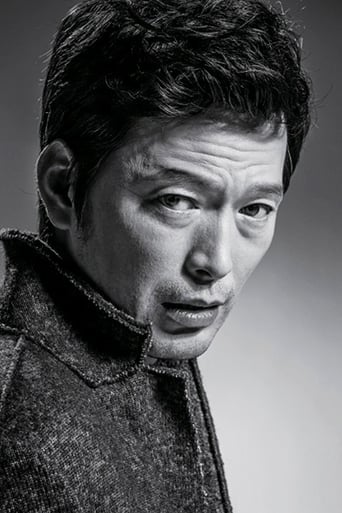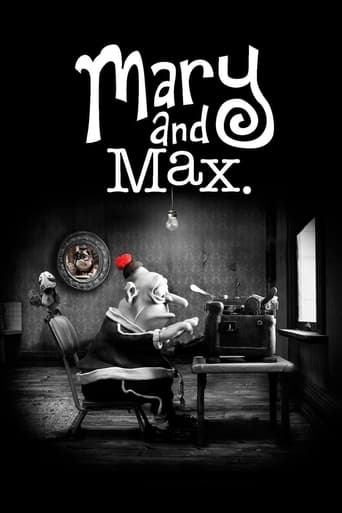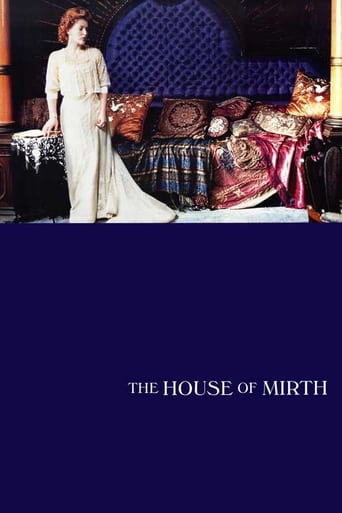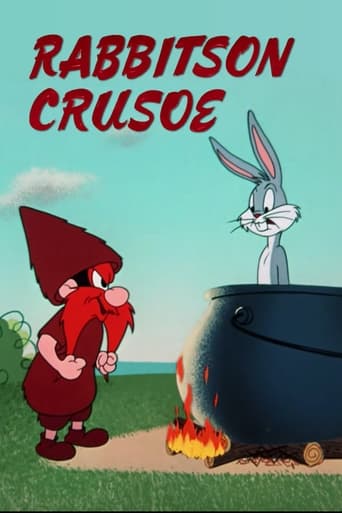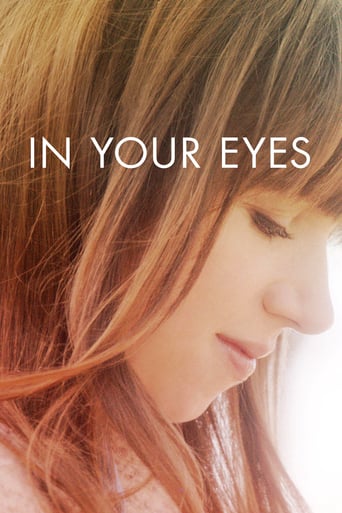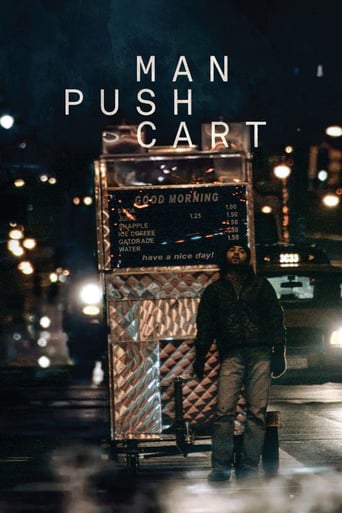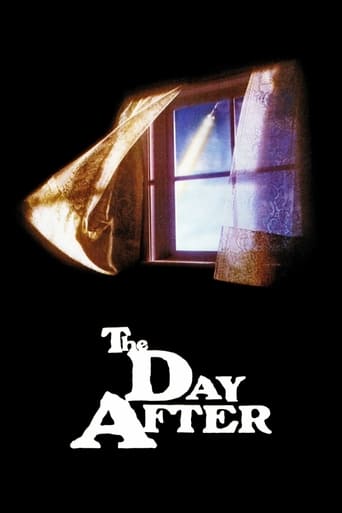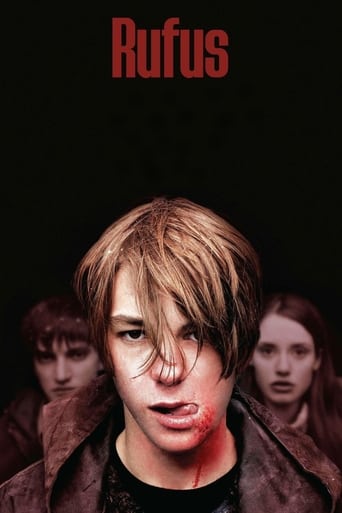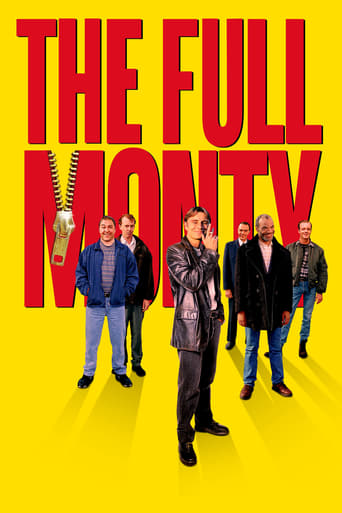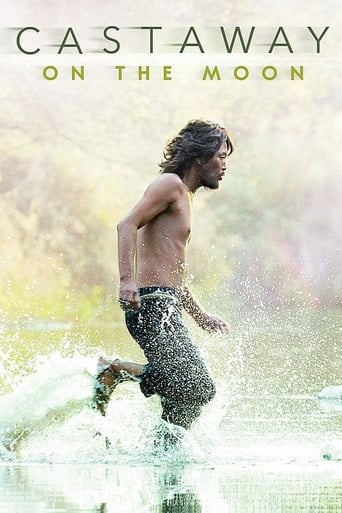
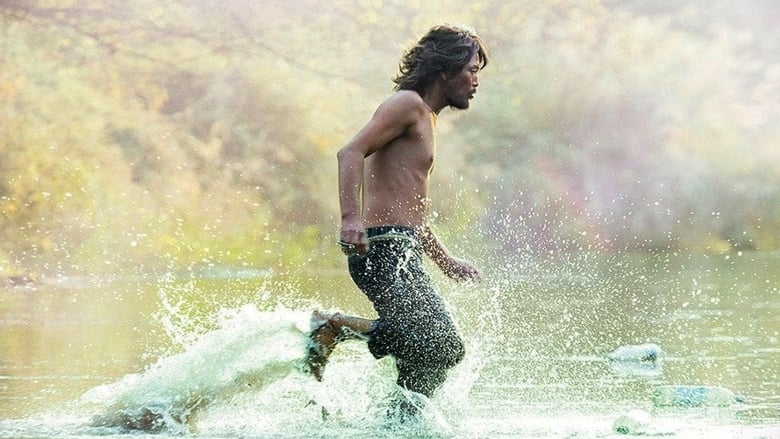
Castaway on the Moon (2009)
Mr. Kim is jobless, lost in debt and has been dumped by his girlfriend. He decides to end it all by jumping into the Han River - only to find himself washed up on a small, mid-river island. He soon abandons thoughts of suicide or rescue and begins a new life as a castaway. His antics catch the attention of a young woman whose apartment overlooks the river. Her discovery changes both their lives.
Watch Trailer
Cast


Similar titles
Reviews
From wanting to end it all to wanting help out of there ... to never wanting to leave at all. A story about two people isolated from the "real world" for different reasons, who find in each other an unexpected connection that might help them out of the solitude they willingly had chosen to live in. The focus is on Kim, the man on the island, so close yet so far of society, escaping his previous societal worries; in a metaphorical reference to female Kim's situation, living a fake life through the internet from the comfort of her room. He slowly comes to appreciate life in a different way thanks to those little rewards he's able to receive from his own effort and hard work. The way it's narrated through the castway's interactions with the inhabited island (and later from Kim's pov), along with very funny scenes at times and a couple splashes of surrealism, make up one of those special films that will fill you with hope.
The funniest gag in Castaway on the Moon looks at how our childhood regrets and traumas cascade into our later lives. Kim Seong-geun could never quite grasp the art of treading water as a child, and in the years following the struggle remains in all the facets of his adult life. We observe with hilarity as he literally gasps and flails around in the water during a (sure to be unsuccessful) job interview, having to explain being made redundant at his previous position, then later as he desperately appeals to his ex-girlfriend, and then finally before the debt collectors, having being told his 'interest-free' loan has now ballooned to over three time the original amount. But just as he is about to metaphorically drown and end his life, the odds suddenly reverse on Kim. The ironic tragedy of his life is that as soon as he decides to commit suicide, the universe suddenly won't let him: "You can't even die," he scolds himself, after giving it his best shot. The music is whimsical and sardonic, and seems to be mocking his incompetence even when he is at the end of the road - never has such a serious downfall been given such light treatment. Elsewhere, the film also touches lightly on themes of the ennui of twenty-first century living, artificiality and the social media image. It is no surprise that Kim's third and final plea for help is to his phone company, and similarly unsurprising when the saleswoman playacts along with his desperation to push their product; sales above everything as the modern mantra. One particular shot is aligned to make Kim simultaneously tiny amongst the grass but gigantic alongside the city skyline, shouting and denouncing his former life to no avail. Like the insignificant ant he is, the city is indifferent to his struggle, much like how it has spurned the de-evolution of its many faceless workers in its capitalistic, churning machine. Kim merely takes this process to its fullest physical form, foregoing electronics, shelter, socialisation and even processed food in his rebirth. Ironically, the deserted island is situated comfortably under a bridge connecting two parts of the city, which is always in his sight; even having given up everything he still can't escape the relentless rat race, another point of universal mockery. Likewise, the female Kim wraps herself up in layers to shield herself from this lifestyle (bubblewrap, fragile as she is), but simultaneously indulges in a digital fantasy that provides the illusion of financial success. She keeps up her mental facade through this and a daily routine of workouts that mimics a normal living, while never physically leaving her room. The subject matter that this tackles has been done before and is tricky territory because the critique can easily fall into unrelenting cynicism, but Lee Hae-jun does well to create further motivations than merely a rebellious streak. Kim Seong-geun is dumped unceremoniously into his situation after a series of comedic mishaps and a complete breakdown of his adult life, and embarks on his crusade with nothing to lose. A scene of Kim Jung-yeon being outed on social media for her fraudulent postings suggests an incident in the past that led her to withdraw into her cage, along with the physical blemish of the scar on her face. The two Kims are analogous characters, exploring the notions of seeing and observing from their opposing perspectives. She scurries across the streets only at night, with motorcycle helmet to hide her appearance and identity, while he is an open book, flaunting his loss and cave-man visage for her camera to capture. The end-goal of these breezy romantic comedies is almost always a coming together of the sexes. Castaway of the Moon neatly sidesteps these expectations by ensuring that romance isn't the magical solution to their problems, but rather a byproduct of two lonely souls lifting each other out of their ruts. I remember a scene in The Ramen Girl where the white foreigner's (Brittany Murphy) ramen recipe lead to an entire restaurant sobbing into their soup and releasing their emotions. Seen literally it's silly and sentimental, but it also reveals how food can be a trigger for buried memories of the past, regrets and missed opportunities, and how the act of making food can be transformative in itself. Kim Seong-geun goes through the same process here, baring all and gaining redemption in his craft, and although she assists in gathering ingredients, she also recognises it as something he must do himself, and congratulates him afterwards. It is bookended by the climatic chase and confession trope, which Woody Allen perfected in Manhattan but has nevertheless become a thorn in the side of the genre. But see how Lee Hae-jun stays true to his characters and honest about their anxieties. She is exhausted by merely introducing herself, and he is trembling at the thought of someone wanting to approach him looking like that. They deserve to be with each other.
The movie is a mixture of an adventure story in a city setting and a modern-day fairy tale. It's funny, touching, unusual and has a fresh perspective. Two lonely people live completely different lives of isolation in the middle of a busy city, until they find out about each other and reach out overcoming all internal and external obstacles. The man jumps off a bridge at a river and washes up on a small island underneath a freeway. He lives on the island for months, learning to use what he finds, either natural or man-made garbage, and he gains hope while trying to grow the food he needs to make a noodle dish. In an apartment across the river, a girl lives a virtual life through the internet, locked up in her room among piles of junk, ordering what she fancies online and refusing to be seen by anyone, not even her parents. She takes pictures of the moon with a long telephoto lens, and she notices the man. They find a way to send messages to each other.
It seems that not all people can look through this film. Using it as some kind of glasses to see the fragments of social condition in Korea's nowadays life. Or if not glasses, camera lens.Suicide, shutting in, harsh life, fierce work competition, debt, bullying, these are the fragments of social problems put in one motion picture. Castaway on The Moon. Initially, this film will tell you about this: "Life is such a pain in the ass." And then when the man got stuck on the small island surrounded by the city scape it tells you again: "It even kicks you out." but then you'll be told: "But it's not that bad." To me, that is the idea about this film. Life has its bitterness and its salvia flower. Life has hope and despair. It is fine. You just need to keep living. Cause when you stop, you lose the chance to see the other side of life. When you give in to despair, you'll never gonna see hope.


